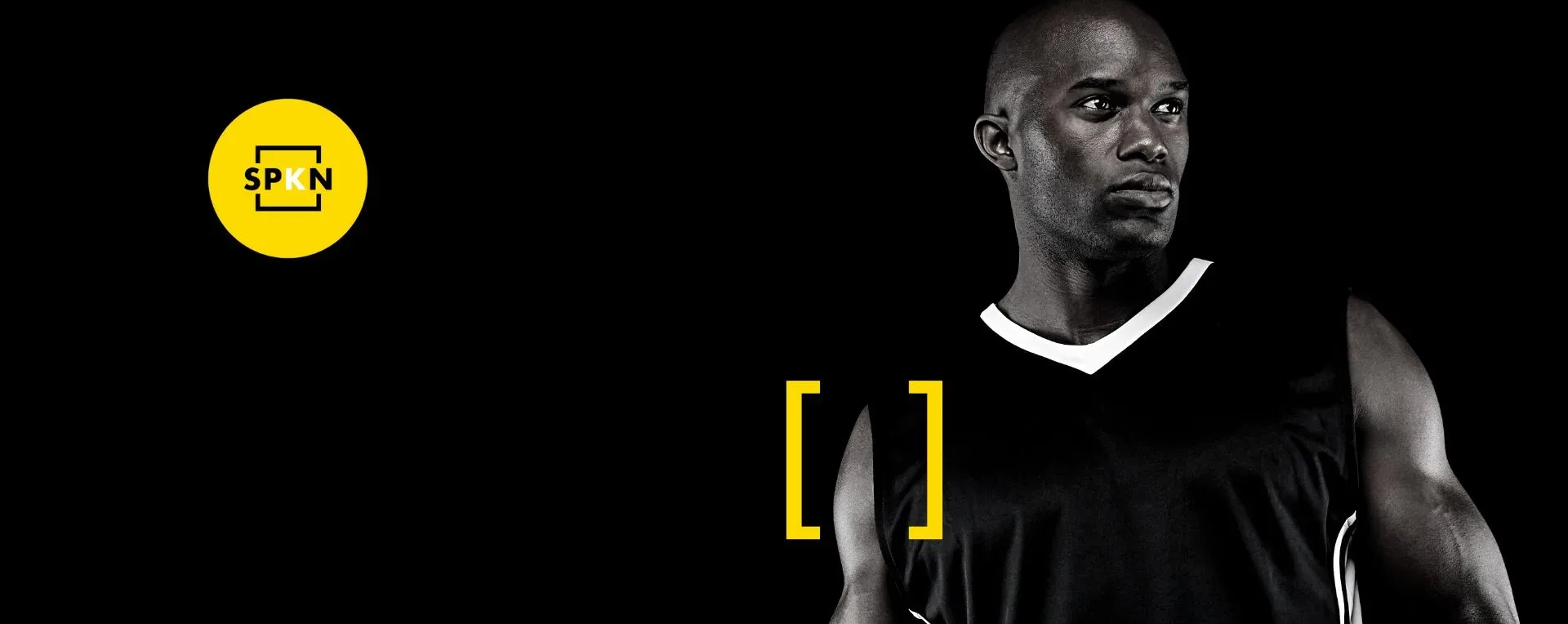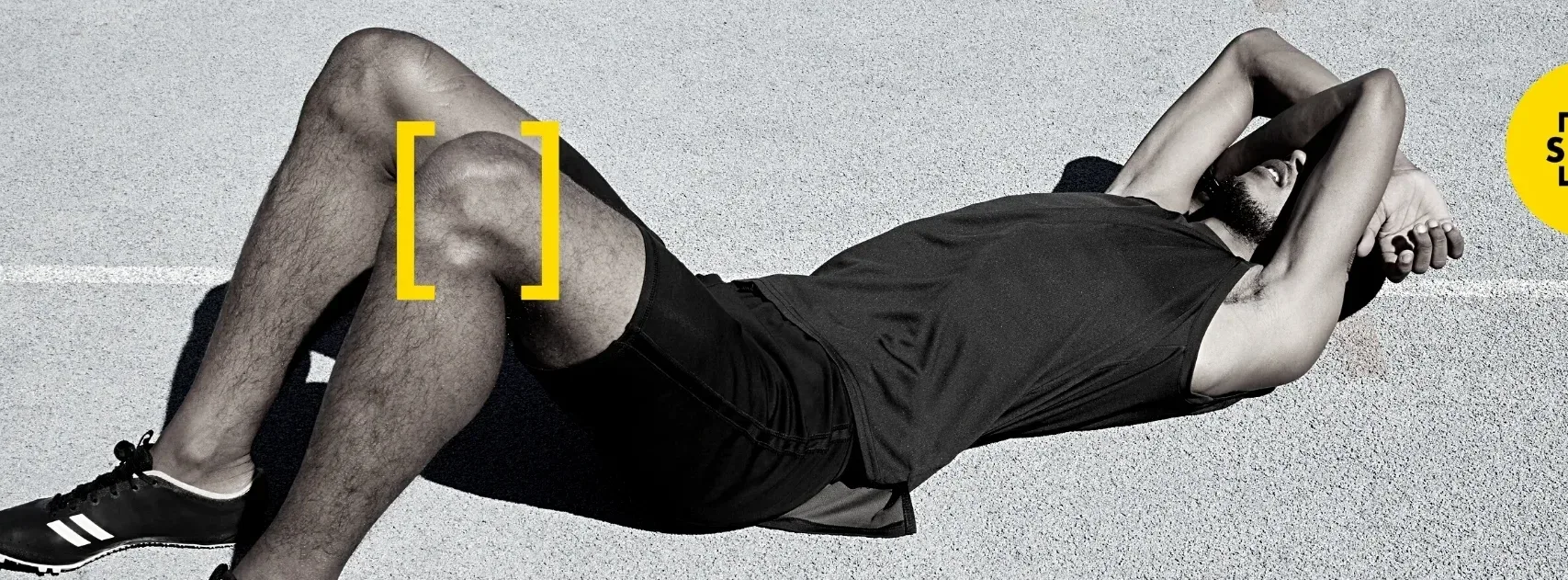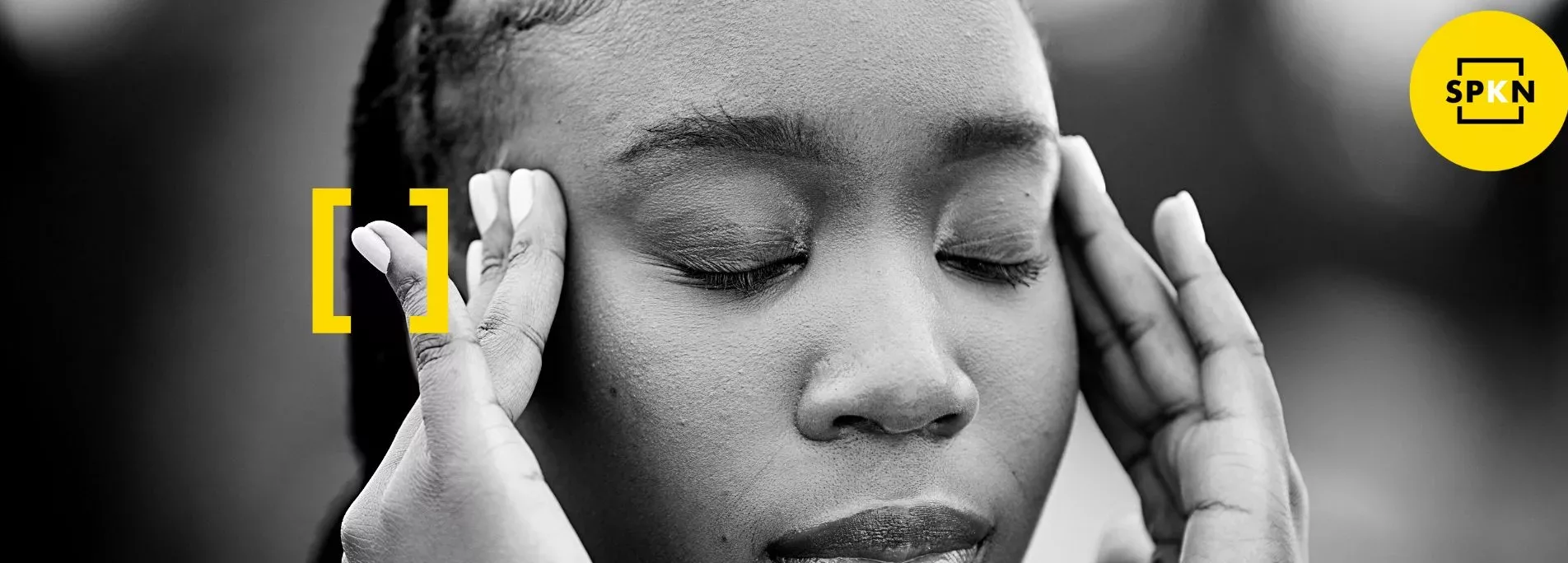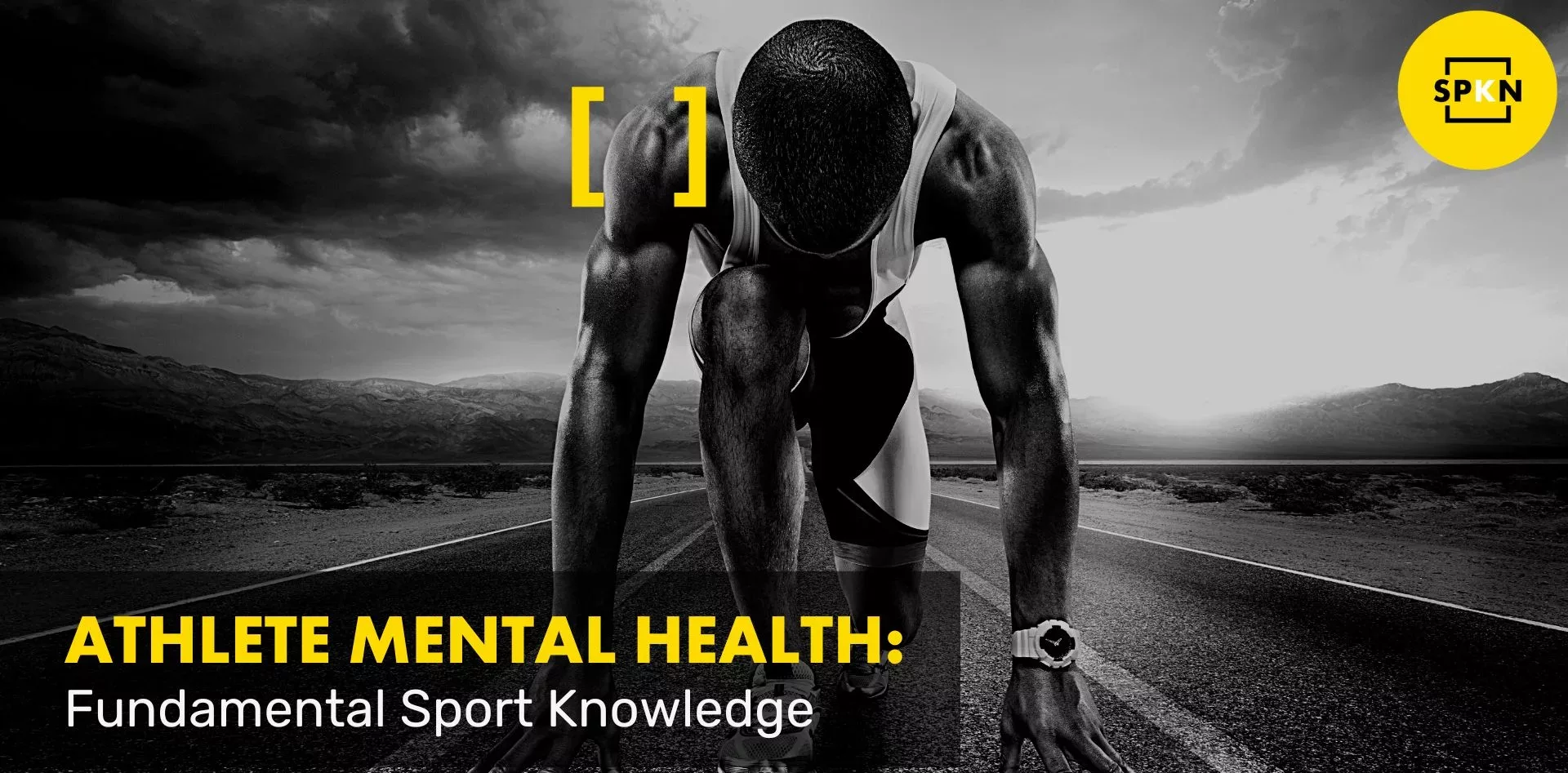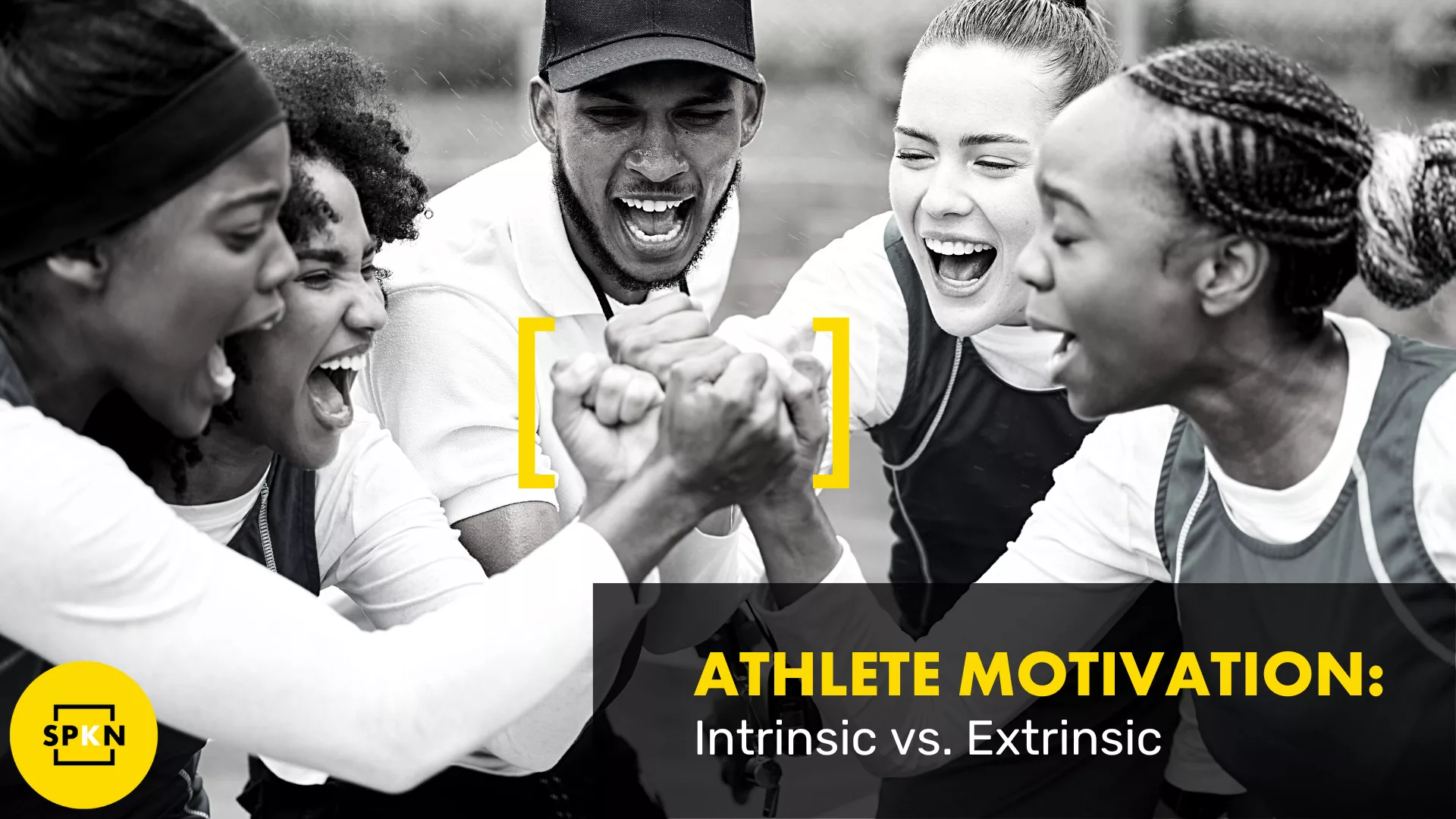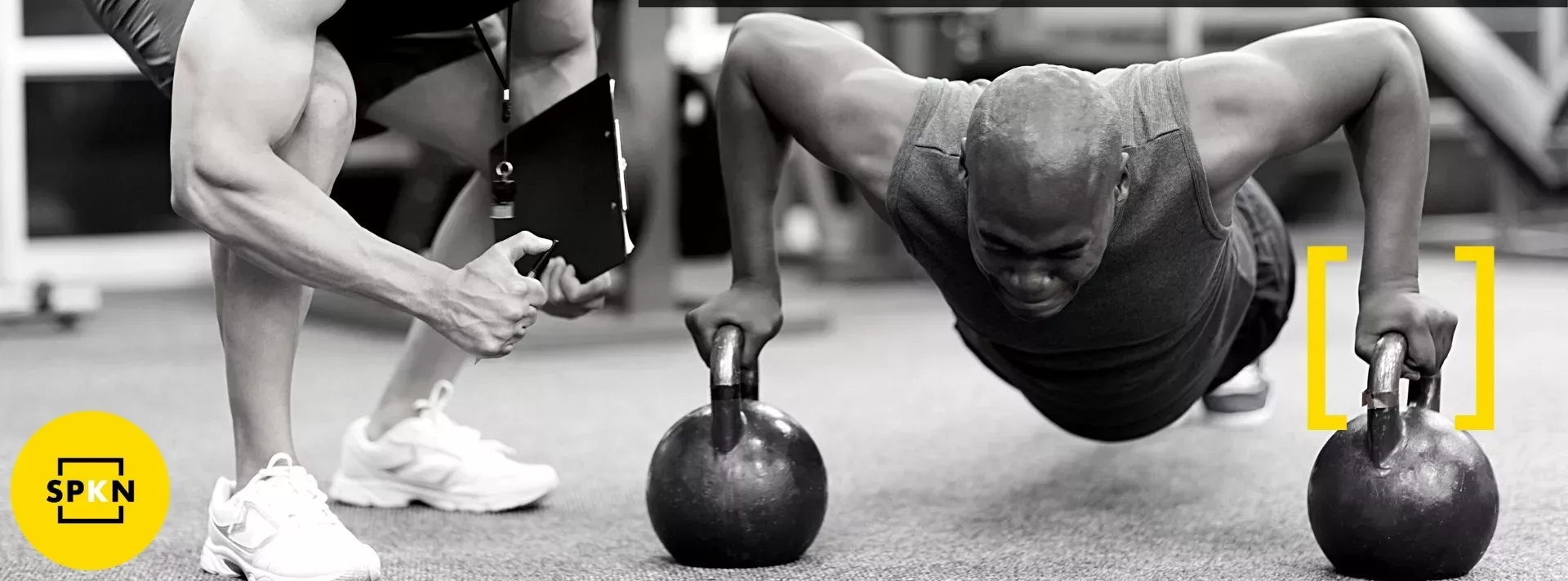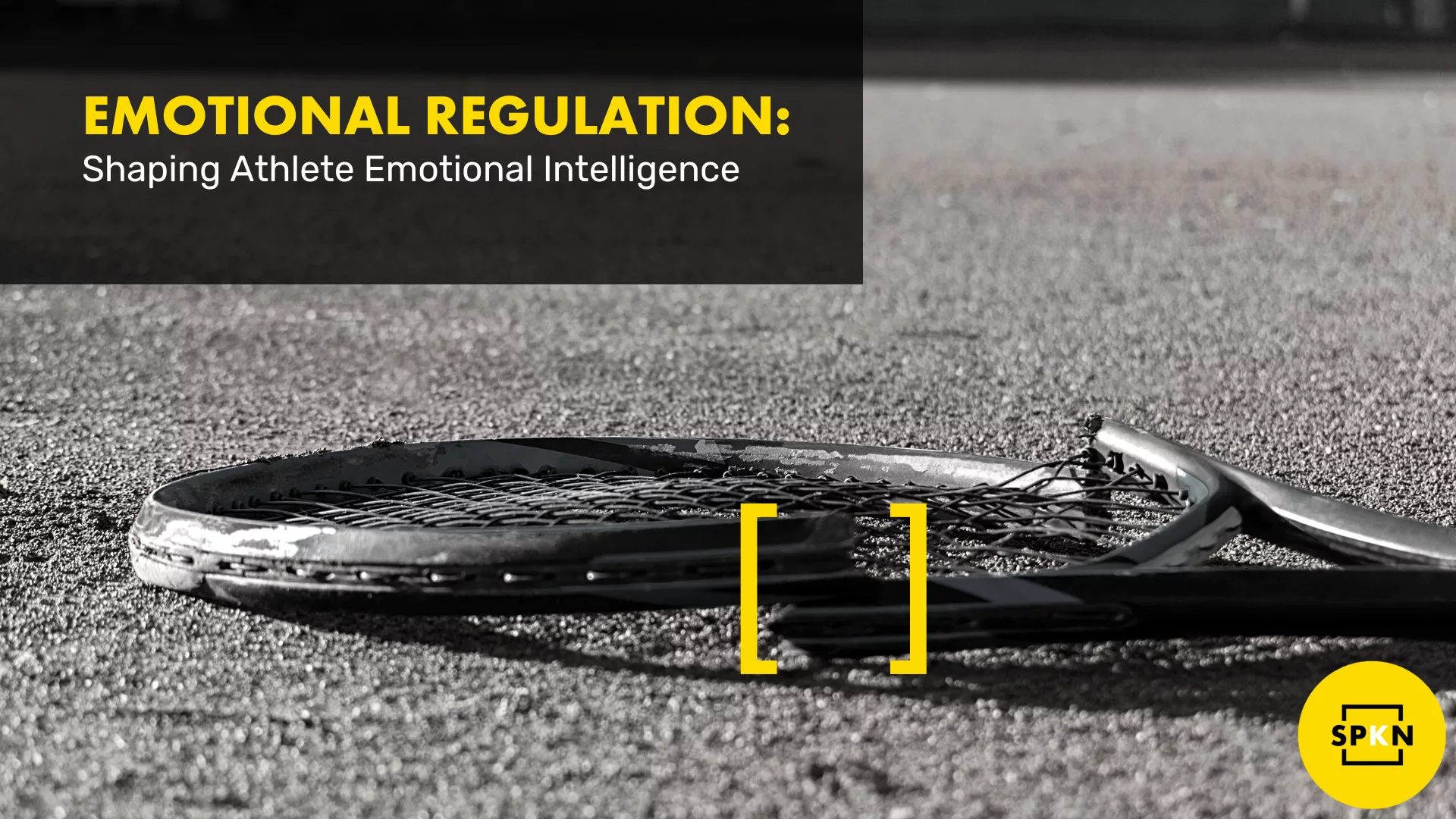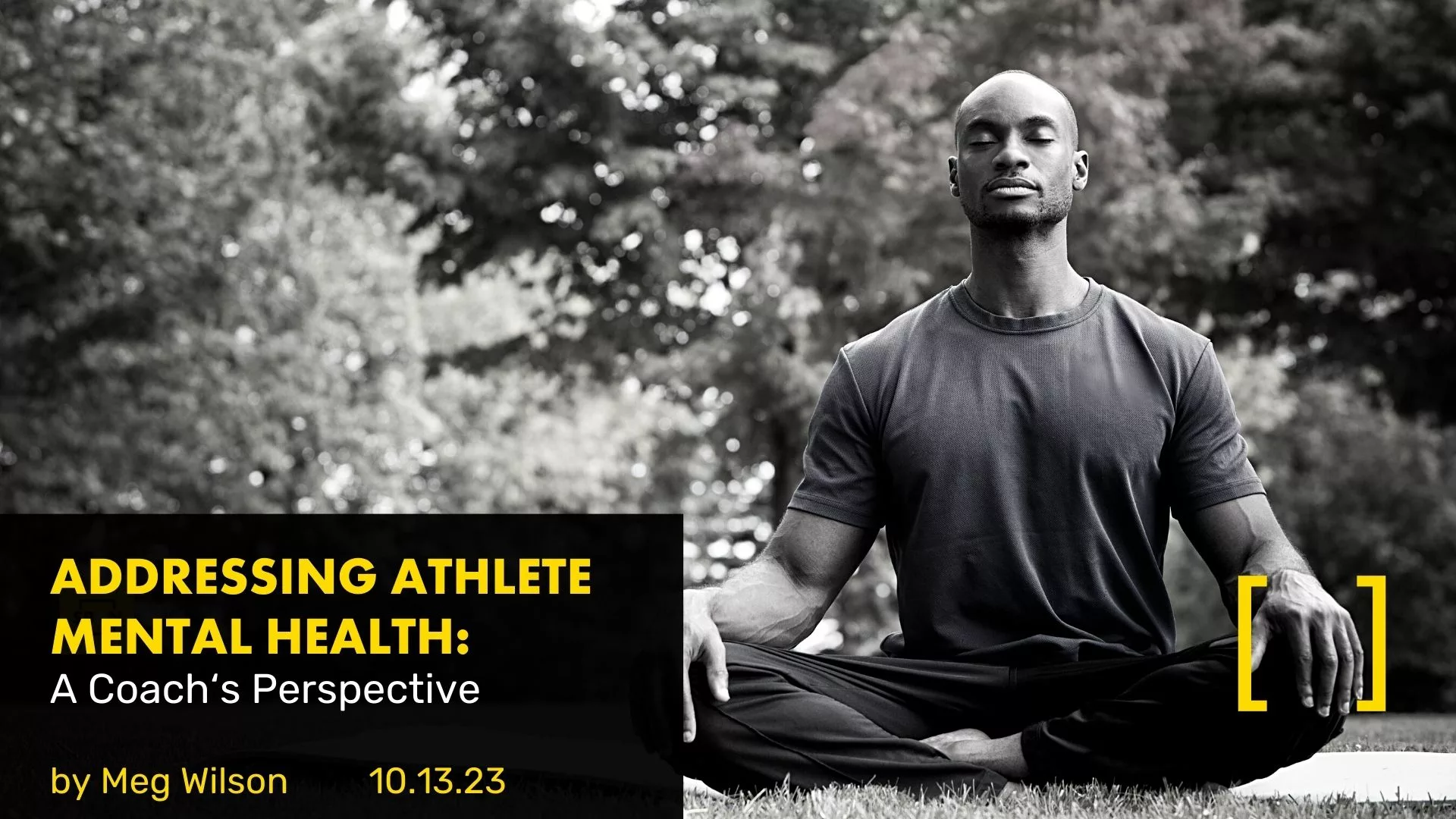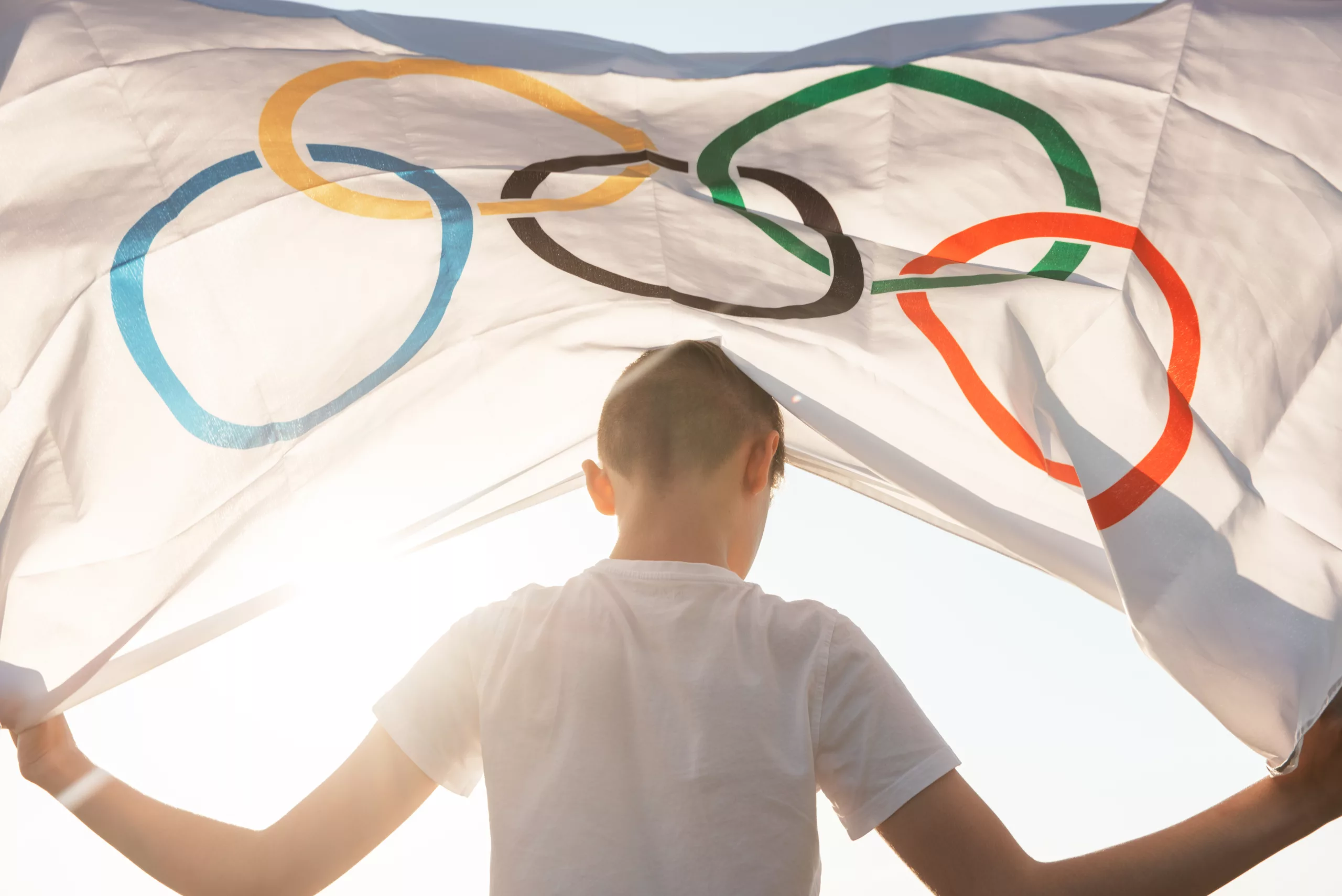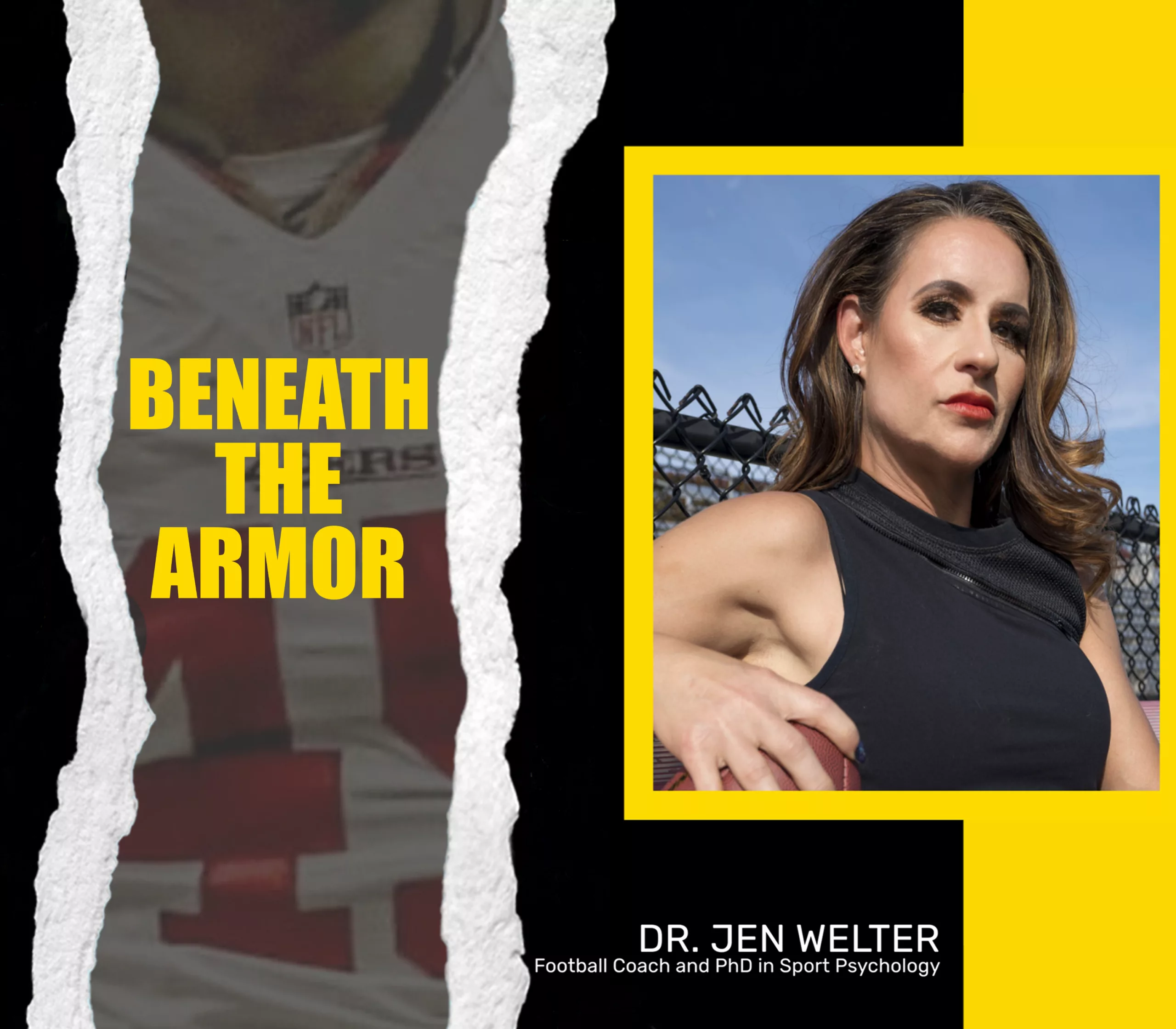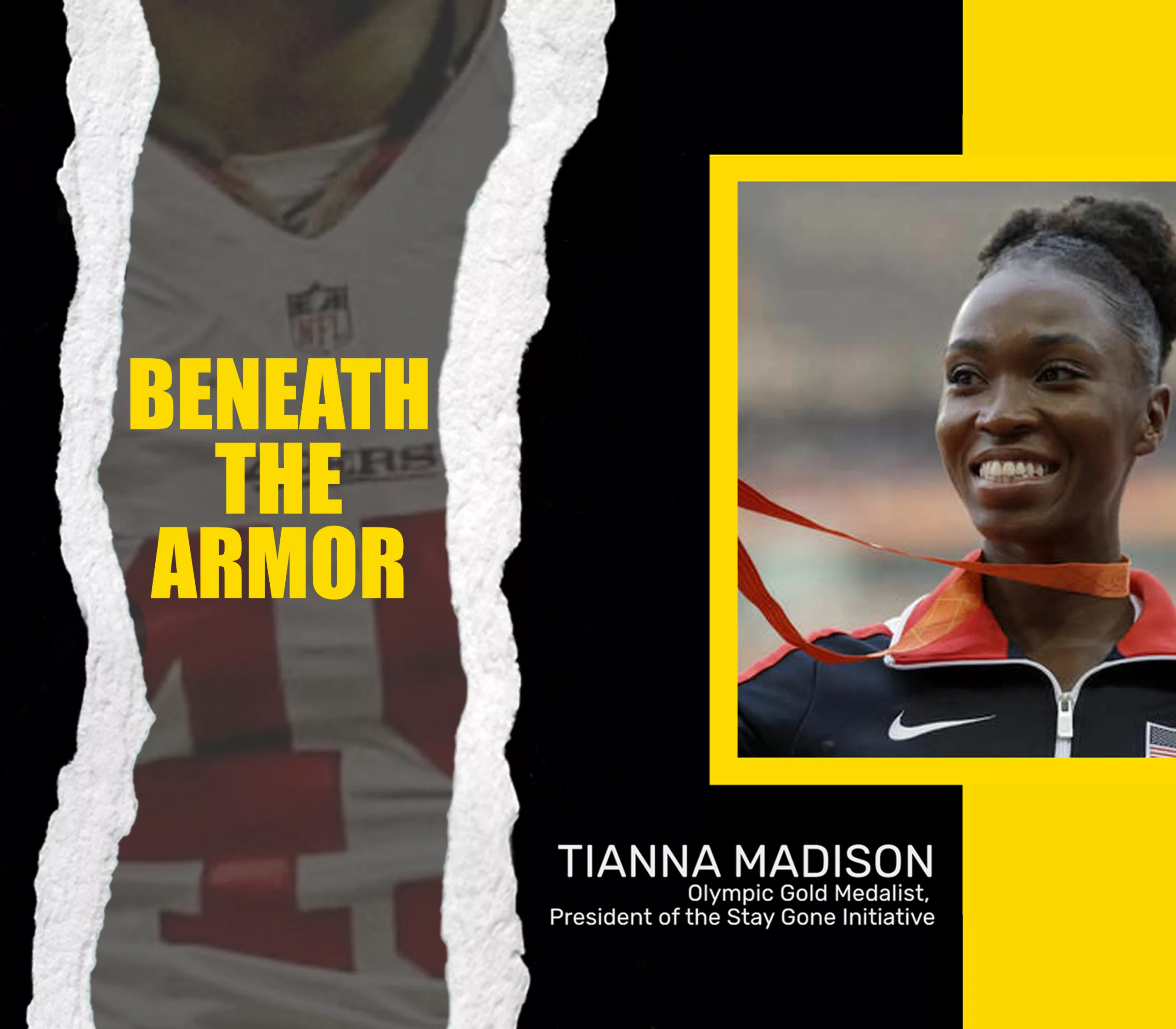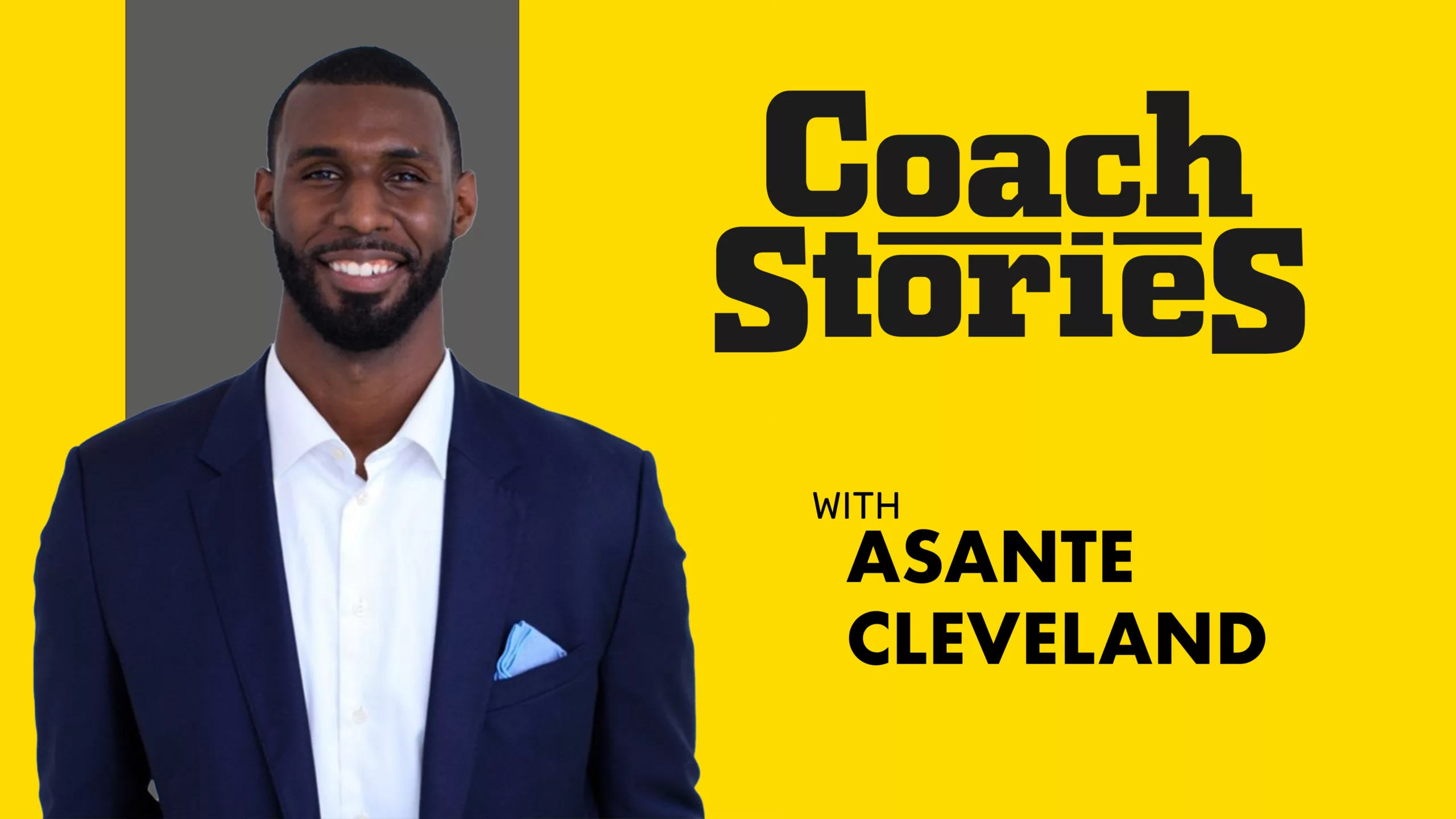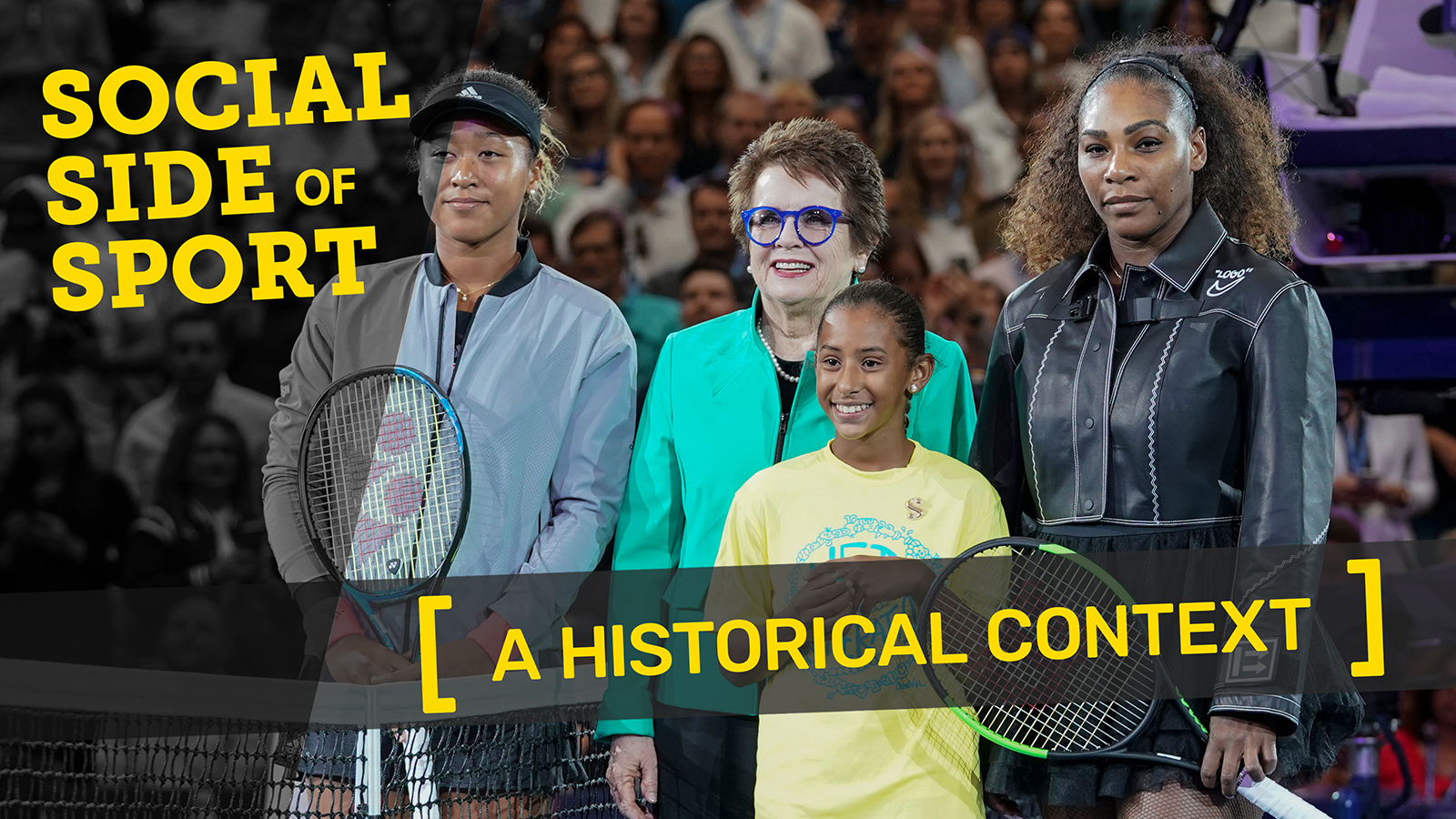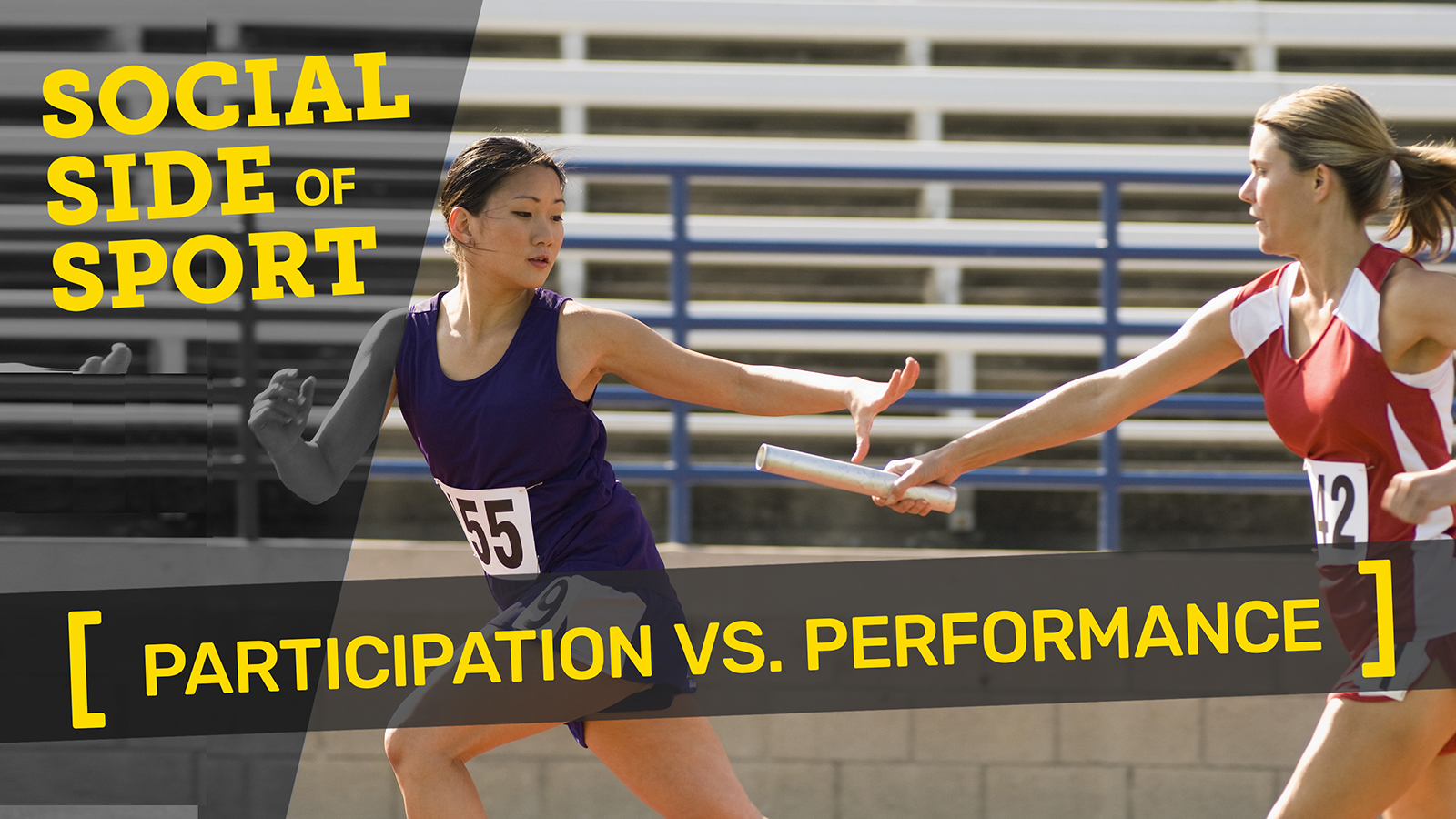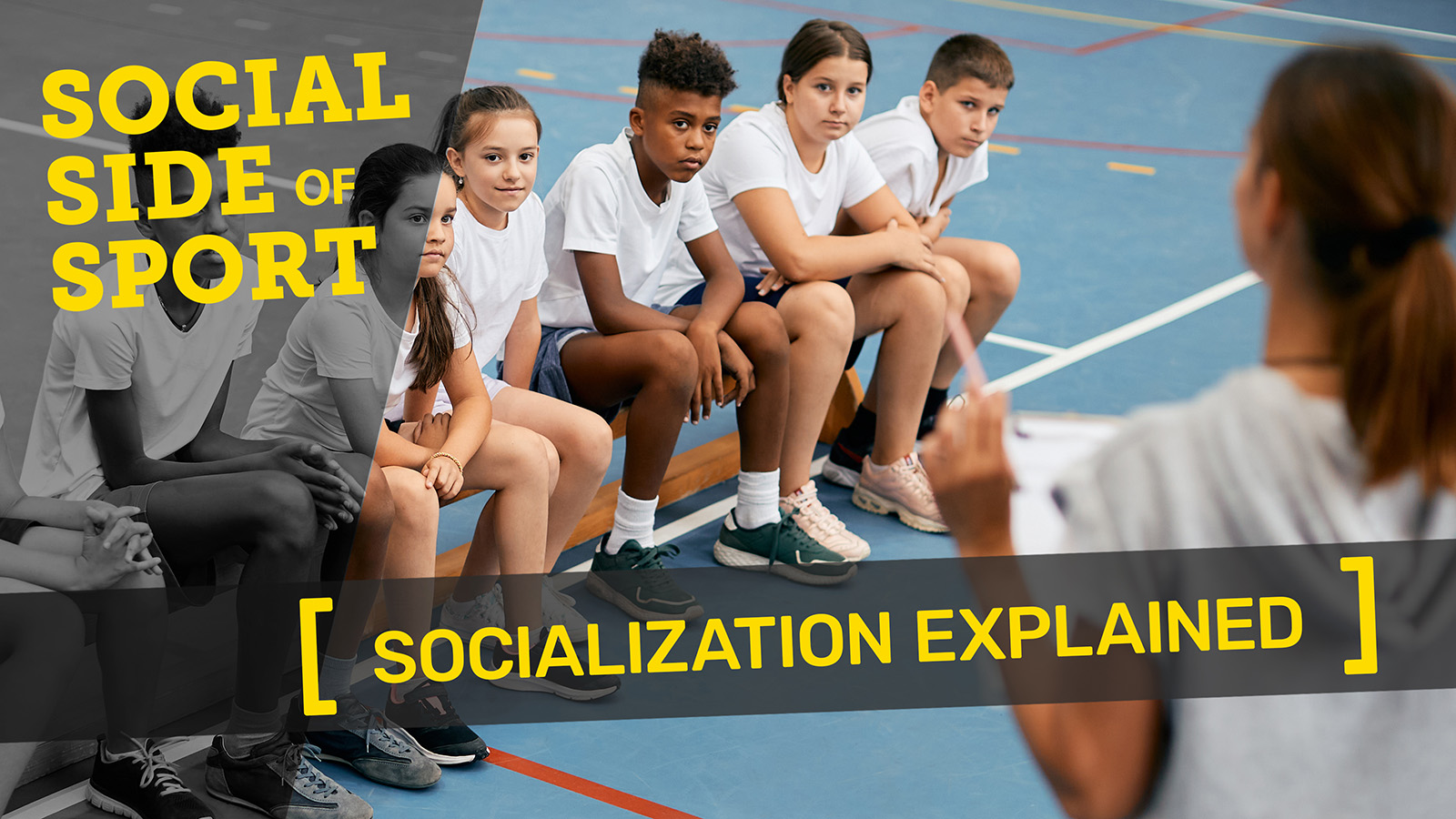The Coach-Athlete relationship has been described as a dynamic interrelation between a coach and athlete’s emotions, behaviors, and cognitions (Jowett & Lavallee, 2007). A coach’s ability to perceive, understand, and manage one’s own and one’s athletes’ emotions is a form of coaching emotional intelligence (Chan & Mallett, 2011). Using emotional intelligence to establish trust and build connections with athletes is a core characteristic of quality coaches, broadly referred to as the interpersonal knowledge component of coaching effectiveness (Côte´ & Gilbert, 2009). Fundamentally, the quality of a coach-athlete relationship depends on the establishment of mutual trust. Athletes and coaches must feel comfortable sharing fears, vulnerabilities, and personal issues, and trust that these details will be kept confidential. Research shows that coaches are viewed as trustworthy when they model core values, respect, self-confidence, professionalism, and dignity (Purdy, Potrac, & Nelson, 2013).
The most comprehensive line of research on coach athlete relationships has been completed by Jowett and colleagues, resulting in the 311 Cs model (Jowett & Lavallee, 2007). Their framework includes the concepts of closeness, complementarity, and commitment (i.e., the 3 Cs) and coorientation. Closeness is recognized as mutual feelings of connectedness, respect, and trust that characterizes the affective element of the coach-athlete relationship. Commitment is the cognitive element of the coach-athlete relationship and is represented in coaches’ and athletes’ long-term orientation toward maintaining their relationship in order to maximize any potential performance and/or personal outcomes. Complementarity is the behavioral element of the coach-athlete relationship and is reflected in the coaches’ and athletes’ actions of cooperation (willingness to work together in a friendly manner) during training sessions. The combination of these three categories is referred to as coorientation and involves shared knowledge and understanding in order to nurture positive athlete outcomes. According to Jowett and colleagues, having a close, committed, and complementarity relationship with the coach leads to a maximization of athletes’ potential in training and in competition. Substantial empirical support examining the 311Cs model has found that athletes and coaches alike believe that having a strong coach-athlete relationship is vital to success and quality performance. Furthermore, athletes and coaches who have close, complementary, and committed relationships feel more cohesive and unified toward team goals. A lack of these feelings can lead to frustration and poorer performance, suggesting that the coach-athlete relationship has the potential to affect the performer both athletically in terms of sport performance as well as personally in terms of psychological well-being. Research using the 311Cs model has typically implemented the Coach-Athlete Relationship Questionnaire (CART-Q), that examines the affective (closeness), cognitive (commitment), and behavioral (complementarity) aspects of the dyadic relationship from both the direct and the metaperspectives of the athlete and the coach (coorientation).




